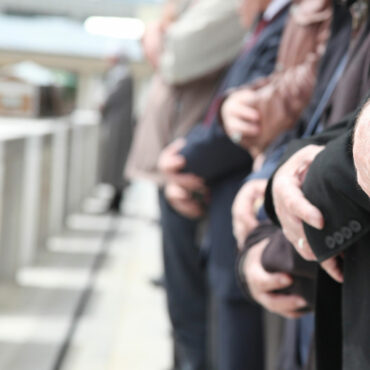
Coffins, Urns, and Body Containers Traditional and Modern Choices for Funeral Planning
When planning a funeral, cremation, or memorial, one of the key decisions is choosing the right container for the body or ashes. Traditionally, this has meant selecting a coffin or urn, but modern choices have expanded significantly. With evolving preferences for sustainability, personalization, and cultural significance, families today have a wide variety of options. In this blog, we’ll explore the traditional role of coffins and urns, how they have evolved, and the different options available for body containers in today’s funeral services.
A coffin, also known as a casket in many parts of the world, is a container used to hold the body of the deceased for burial or cremation. Coffins are typically constructed from wood, metal, or other materials and have been used for thousands of years to provide a dignified resting place for the body.
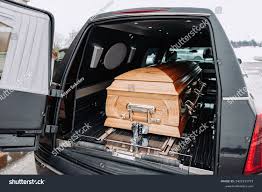
Wooden Coffins
Traditional wooden coffins are often made from oak, pine, mahogany, or other sturdy woods. These caskets can be simple or elaborately carved, depending on the family’s preferences and cultural customs.
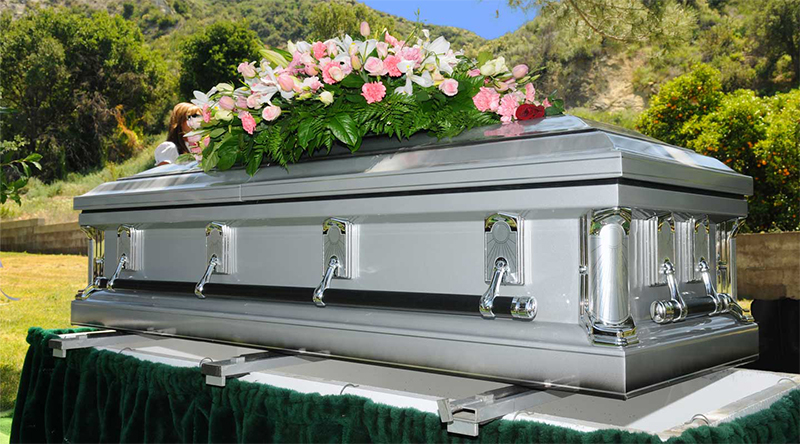
Metal Caskets
Metal caskets, commonly made from steel, copper, or bronze, offer durability and protection. They often include a gasket or seal designed to prevent the elements from entering the casket once it is buried.
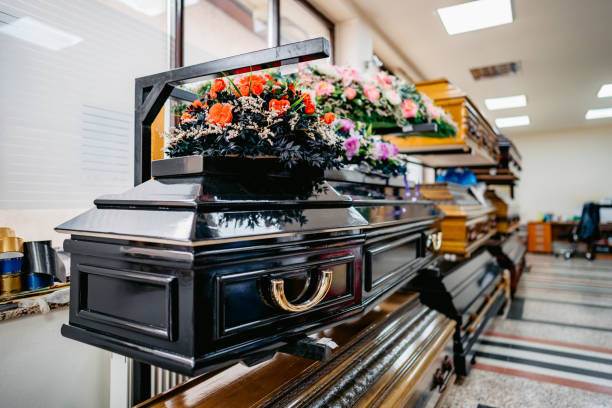
Interior Design
Coffins typically include padded linings and interior fabrics such as velvet, satin, or polyester to provide a dignified and comforting appearance during viewings or open-casket funerals.
Coffins (or Caskets)

Urns are containers designed to hold cremated remains (often referred to as ashes). The use of urns dates back thousands of years and spans many cultures. Traditionally, urns are placed in homes, cemeteries, or columbariums, or the ashes may be scattered in a meaningful location.
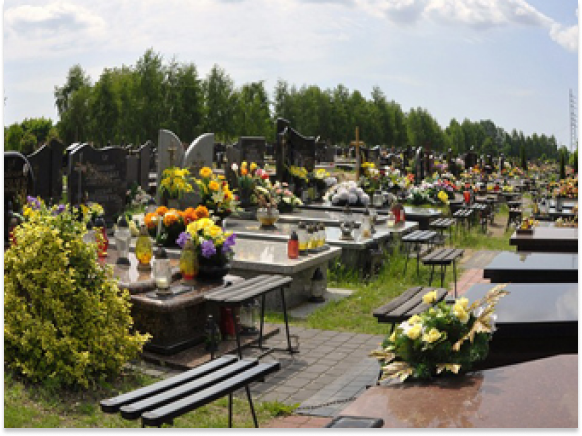
Classic Urns
These are often made from materials like brass, ceramic, or marble and are designed to last over time.
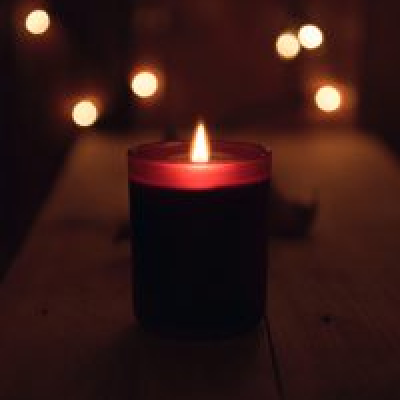
Personalization
Traditional urns can include engravings or designs that reflect the personality, religion, or interests of the deceased.
Pro: Traditional coffins and urns provide families with a familiar, respectful way to honor their loved ones while ensuring the remains are treated with dignity.
Urns

How Coffins, Urns, and Body Containers Have Evolved
As the preferences for funeral services have evolved, so too have the options for coffins, urns, and body containers. Today, families seek more flexibility in choosing options that align with their environmental values, desire for personalization, or cultural practices. Here are some of the ways these containers have evolved:
Eco-Friendly Coffins and Containers
With growing concern for the environment, eco-friendly coffins have become more popular. These coffins are designed to decompose naturally, minimizing the impact on the earth. Materials like bamboo, wicker, and cardboard are now available, offering families a sustainable alternative to traditional wooden or metal coffins.
Biodegradable Coffins: These coffins are made from natural materials such as untreated wood, wicker, or woven bamboo. They decompose naturally over time, reducing the environmental impact.
Cardboard Coffins: While it may seem unconventional, cardboard coffins are becoming a popular choice for families seeking simplicity and environmental sustainability. These coffins can be decorated or customized, offering a personal touch.
Pro: Eco-friendly coffins provide a sustainable alternative to traditional burial containers, aligning with the values of those concerned about their environmental legacy.
Personalized and Themed Coffins
Modern coffins can be highly personalized, reflecting the life, hobbies, and interests of the deceased. This allows families to create a unique, meaningful memorial.
Customized Coffins: Families can now choose coffins adorned with specific designs, colors, or even images that represent the deceased’s personality or favorite hobbies. For example, sports fans may choose a coffin with a favorite team’s colors or logo, while artists may prefer a design that reflects their creative spirit.
Artistic Coffins: In some cultures, such as in Ghana, coffin design has become an art form. Families can commission highly creative and colorful coffins shaped like animals, cars, or objects that represent the deceased’s life.
Pro: Personalized coffins offer a unique and meaningful way to honor a loved one’s life, incorporating elements that reflect their passions and personality.
Modern Urns and Keepsake Containers
Urns have also evolved significantly, with a range of modern designs that allow for creative and personalized memorialization. Many families now choose non-traditional urns or keepsake containers that provide more personal or symbolic significance.
Biodegradable Urns: These urns are designed to break down naturally when buried or placed in water, making them a good choice for families who wish to scatter ashes in nature while remaining environmentally conscious.
Memorial Jewelry: Some families choose to keep a small portion of ashes in specially designed jewelry, such as pendants or bracelets, which allows them to carry a symbolic piece of their loved one with them.
Urns with Planting Options: Urns such as the Bios Urn combine ashes with soil and tree seeds, allowing families to plant a tree in memory of their loved one. This living memorial can grow and provide comfort for generations.
Pro: Modern urns offer diverse, creative ways to memorialize a loved one, whether through traditional displays or through living, eco-friendly tributes.
Alternative Body Containers
Beyond coffins and urns, families are exploring alternative body containers that reflect unique preferences or align with specific cultural and spiritual beliefs.
Shrouds and Natural Burial Containers: For those opting for green burials, natural burial containers, or shrouds made of organic cotton, wool, or linen are becoming a popular choice. These containers allow the body to return to the earth in its most natural form.
Pods for Human Composting: Human composting, or natural organic reduction (NOR), is an emerging alternative to traditional body disposition. Specialized containers allow the body to decompose naturally into nutrient-rich soil, which can then be returned to the earth or used for planting.
Body Containment for Cryonics: Some families are turning to cryonics, where the body is preserved at extremely low temperatures with the hope of future scientific advances in resuscitation. Special body containment systems are designed for this purpose.
Pro: Alternative body containers offer families a way to honor their loved ones with methods that align with their values, whether through natural burials, human composting, or even cryonics.
The Role of Coffins, Urns, and Body Containers in Funeral and Cremation Services
No matter the choice—traditional or modern—coffins, urns, and body containers play an essential role in the funeral, cremation, and memorial process. Here’s how they fit into each type of service:
Funeral and Burial Services
In traditional funeral and burial services, coffins are central to the event. Families typically choose a coffin or casket to house the body during viewings, funerals, and final burial. Personalized coffins allow families to create a meaningful tribute, while eco-friendly options support sustainability goals.
Cremation Services
Urns are a critical part of the cremation process. Following the cremation, the ashes are placed in an urn chosen by the family. The urn can be displayed at home, interred in a cemetery or columbarium, or scattered in a meaningful location. Modern urns provide more flexibility and personalization, allowing families to honor their loved one in creative ways.
Memorial and Alternative Services
For those opting for alternatives like green burials, human composting, or cryonics, specialized body containers are essential. From biodegradable coffins and shrouds to composting pods and cryonics capsules, modern body containers align with diverse beliefs and environmental goals.
Pro: Coffins, urns, and body containers are integral to how we honor, memorialize, and respect the deceased, offering countless ways to reflect individuality and care.
Conclusion: Choosing the Right Coffin, Urn, or Body Container
Today’s funeral planning process offers more options than ever before when it comes to selecting the right coffin, urn, or body container. Whether you’re looking for traditional choices, eco-friendly alternatives, or personalized and creative options, there is something to suit every family’s values and preferences. When making these important decisions, consider what aligns with the beliefs and personality of the deceased and how you wish to commemorate their life.
